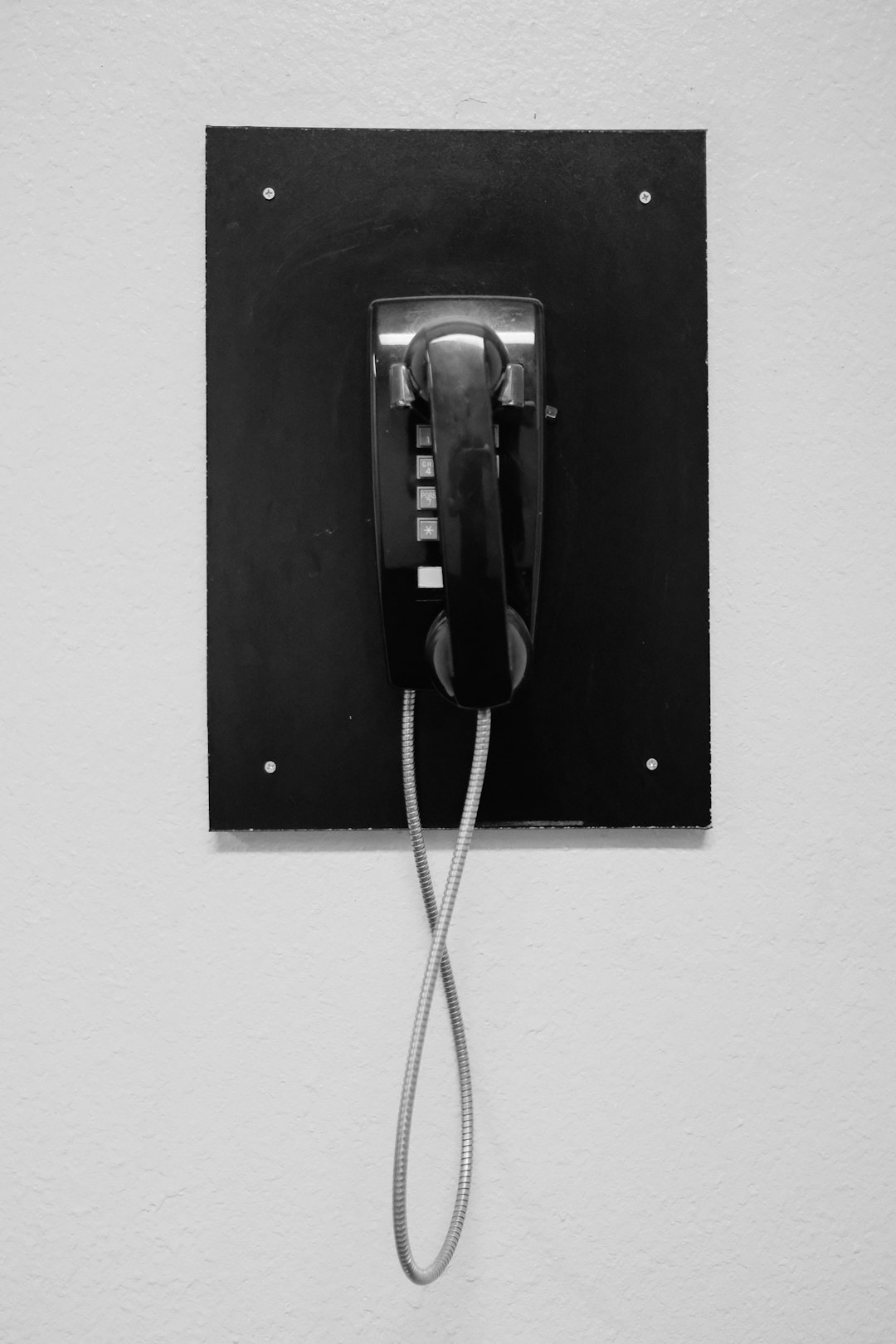Political robocalls in North Carolina, while effective for awareness and engagement, are also criticized for misinformation and irritation. Robocall attorneys play a crucial role in navigating campaign finance laws and preventing deceptive messages that could sway voter decisions. By understanding state regulations, such as consent requirements and disclosure mandates, North Carolinians can protect their privacy, opt out of unwanted calls, and collectively reduce robocall volume, fostering a quieter and more engaging election environment.
In the digital age, political robocalls have become a ubiquitous yet contentious aspect of North Carolina’s elections. This article delves into the pervasive impact of automated phone calls on NC voters, exploring their effects on democratic processes. We examine legal frameworks designed to combat these calls and provide practical strategies for residents to mitigate their frequency. By understanding the issue and empowering ourselves, we can work towards fairer, less disruptive elections with the help of a robocall attorney in North Carolina.
Understanding Political Robocalls and Their Impact in North Carolina Elections

Political robocalls have become a ubiquitous—and often annoying—feature of North Carolina elections. These automated phone calls, usually from political committees or candidates, are designed to reach a large number of voters simultaneously, promoting specific messages or positions on various issues. While they can raise awareness and engagement among constituents, robocalls also face criticism for their potential to misinform, irritate, and even manipulate voters.
In North Carolina, as in many other states, the abundance of robocalls has led to calls for regulation. This is because these automated calls can significantly impact election outcomes, especially in close races. A robocall Attorney in North Carolina may play a crucial role in navigating this complex landscape, ensuring compliance with campaign finance laws and ethical practices, and safeguarding against deceptive or misleading messages that could influence voter decisions.
Legal Frameworks to Combat Political Robocalls in NC

In North Carolina, like many states, political robocalls have become a ubiquitous yet controversial aspect of elections. While freedom of speech is a cornerstone of democracy, the deluge of automated calls can be intrusive and misleading. To counter this issue, robust legal frameworks are in place that empower citizens and robocall attorneys to take action. North Carolina laws specifically address telemarketing practices, including political campaign calls, with provisions that require explicit consent from recipients and mandate clear disclosures.
Robocall attorneys in NC play a crucial role in navigating these legal landscapes. They assist individuals and organizations in understanding their rights and taking appropriate measures against unauthorized or deceptive robocalls. Through legal actions such as cease-and-desist letters or lawsuits, these attorneys help protect the integrity of North Carolina’s election process and ensure that political messages are conveyed fairly and ethically.
Effective Strategies for North Carolinians to Stop and Reduce Robocalls During Elections

In the modern election landscape, political robocalls have become a ubiquitous yet unwanted nuisance for North Carolinians. While these automated calls can provide important information, they often invade personal space and contribute to voter fatigue. Fortunately, several effective strategies exist to stop and reduce robocalls during elections. One powerful approach is to register with the “Do Not Call” list maintained by the Federal Trade Commission (FTC). This federal registry ensures that telemarketers, including political campaigns, cannot call registered numbers. Additionally, North Carolina residents can opt out of specific campaign lists by contacting the campaign directly or using tools provided by robocall Attorney North Carolina services, many of which offer do-not-call registration and blocking options.
Beyond individual actions, collective efforts can significantly impact robocall volume. Encouraging neighbors, family, and community members to join in opting out encourages broader compliance among political campaigns. Furthermore, staying informed about state laws and regulations related to robocalls empowers North Carolinians to take proactive measures against unwanted calls. Many states, including North Carolina, have passed legislation to protect residents from excessive or misleading robocalls, providing legal avenues for recourse when necessary. By combining these strategies, North Carolinians can actively contribute to a quieter, more engaging election environment.






